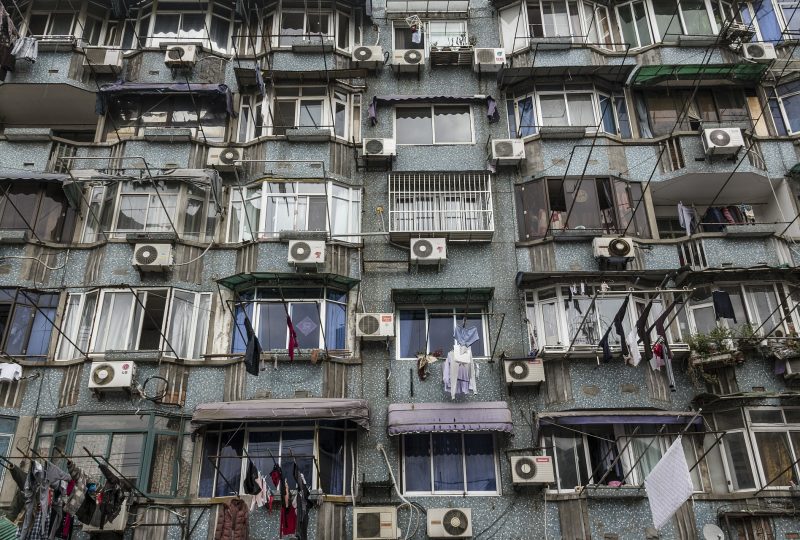The air conditioner inflates the bill and increases the risk of energy poverty
10 June 2020 | Written by La redazione
A study by Ca ’Foscari and CMCC combines OECD and NASA data from 8 countries, discovering a higher incidence of cooling on family expenses than predicted by previous studies

The use of the air conditioner significantly inflates household electricity bills, with important consequences for their “energy poverty”. This was revealed by a study conducted by a research group of the Ca ‘Foscari University of Venice and the Euro-Mediterranean Center on Climate Change (CMCC), just published in the scientific journal Economic Modeling.
Staying cool is expensive. Previous studies carried out in the United States estimate an increase in household spending on electricity related to air conditioners of around 11%. By analyzing the socio-economic data of families residing in other OECD countries (Australia, Canada, France, Japan, Holland, Spain, Sweden and Switzerland) and NASA climate data, the authors of this new study calculated that, on average, the The use of the air conditioner leads to spend up to 42% more on electricity, compared to those who do not have the air conditioner.
The actual increases will depend on how many degrees Celsius more families will face due to climate change. Electricity consumption for cooling will therefore be a new factor destined to increase energy poverty linked to electricity, a condition in which families who spend more than 5% of their annual income on electricity bills find themselves.
According to the Buildings Performance Institute Europe, energy poverty already affected 10-15% of European households in 2014. The study just published outlines an even more worrying situation.
“The concept of energy poverty, already the subject of attention in Europe, is normally linked to the possibility of ensuring an adequate level of heating during the colder months – explains Enrica De Cian, Professor of Environmental Economics at Ca ‘Foscari and team manager of the ERC Energya project that carried out the study. – Our data, however, suggest to broaden the concept by including the increasingly decisive role of summer cooling. Poor households already normally spend a large portion of their budget on essential goods, such as food and electricity. The latter voice will have to increase to protect the most vulnerable from the risk of mortality or other serious health problems during heat waves. ”
Owning air conditioning has important consequences for both the energy expenditure of families and countries, although great differences remain: in the United States it represents 11% of energy consumption in buildings while in Europe it is only 1.2%.
“The data we analyzed reveal that in Spain 18.5% of families spend more than 5% of their budget on electricity – says the economist from Ca ‘Foscari. These percentages are generally higher in cold countries, reaching 24.2% in Sweden. In France and Switzerland we find lower numbers: 8% and 5% respectively “. Italy has not been analyzed because it is not included in the OECD dataset considered in this study, but “we expect a similar trend in France and Spain, and we are verifying it in the studies we are carrying out”.





